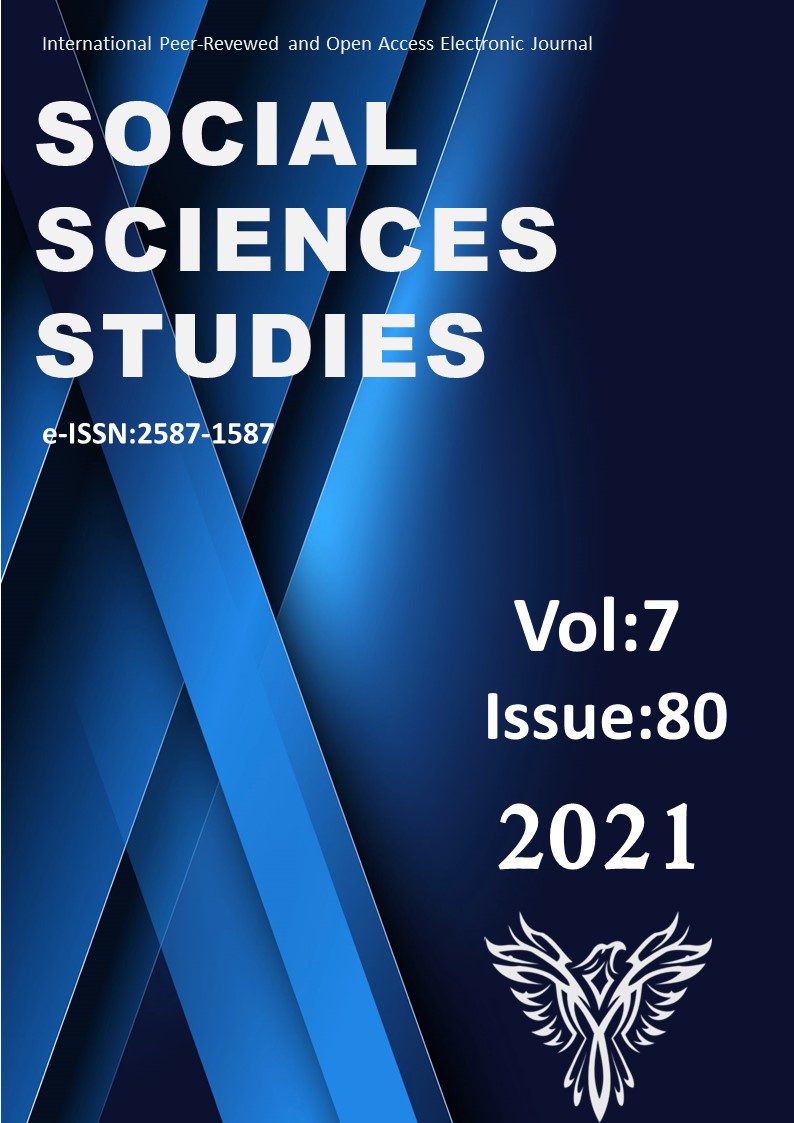Author :
Abstract
Öğretmenlerin sınıf yönetimi ve liderlik teknikleri ile öğrenci motivasyonu arasındaki ilişkiyi konu edinen çalışmaların farklı açılardan desteklenmeleri ve güncellenmeleri yerinde olacaktır. Bu çalışma öğretmenlerin sınıf yönetimi ve liderlik teknikleri ile motive edici davranışları arasındaki ilişkiyi; sınıf yönetimi açısından öğretim yönetimi ve insan yönetimi, liderlik tekniği açısından müdaheleci, etkileşimci ve müdahele etmeyen ve öğrencinin içsel motivasyonuna özerklik desteği açısından duygu ve düşünce özerklik desteği, öğrenim süreci özerklik desteği ve değerlendirme özerklik desteği faktörleri bağlamında incelemektedir. Bu yönüyle faktörler arasında ilişki kurma modeline dayalı nicel bir çalışmadır. Katılımcıları ilköğretim öğretmenleri oluşturmaktadır. Veriler Sınıf Kontrolünde Tutumlar ve İnançlar (ABCC) ve Öğrenen Özerklik Desteği (LAS) ölçekleri yoluyla toplanmıştır. Çalışmanın bulguları öğretmenlerin öğretim yönetiminde daha müdaheleci olmakla birlikte insan yönetiminde daha etkileşimci olduklarını ortaya koymaktadır. Gösterdikleri özerklik desteği ise insan yönetimi stillerine göre değişmemekte buna karşın öğretim yönetimi stillerine göre farklılık arzetmektedir.
Keywords
Abstract
Studies which look at the relation between the concepts of classroom management and leadership techniques of teachers and students’ motivation need to be supported and updated from different angles. This study examines the relationship between class management and leadership techniques and motivational behaviors of teachers by using instructional management and people management areas for class management; interventionist, interactionalist and non-interventionist classification for leadership approach and emotion and thinking autonomy support, learning process autonomy support and assessment autonomy support factors for the autonomy support on students’ internal motivation. The model of the research is a relational quantitative survey. The participants are elementary school teachers. Data was collected with Attitudes and Beliefs on Classroom Control Inventory (ABCC) and Learner Autonomy Support Scale (LAS). The findings of the study presented that teachers are more interventionist in instructional management and more interactionalist in people management. The autonomy support they exhibit does not change according to their people management style but it changes according to their instruction management style.





